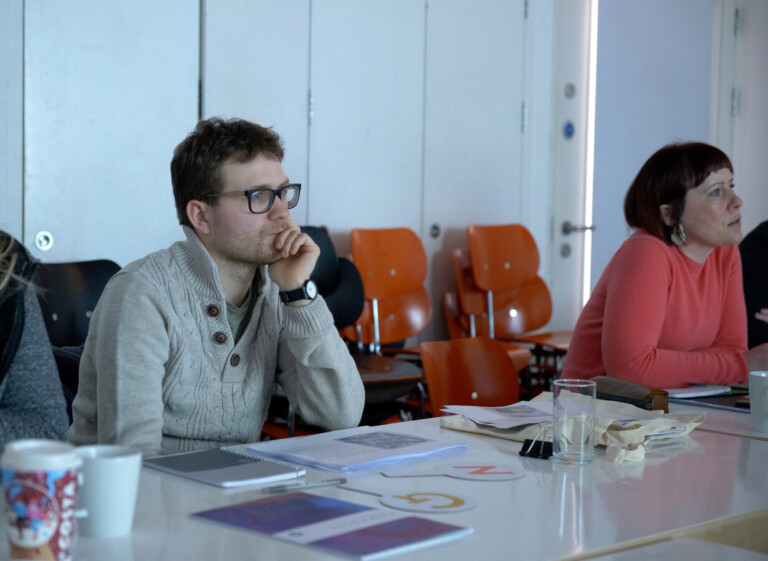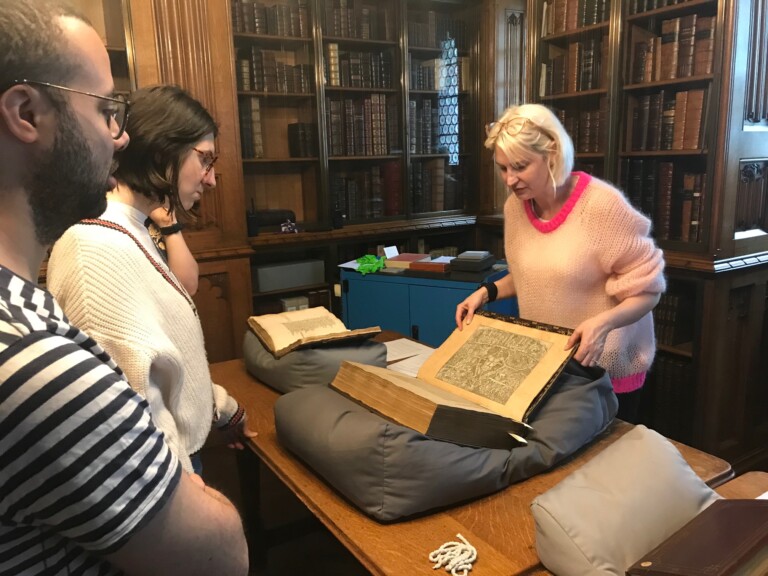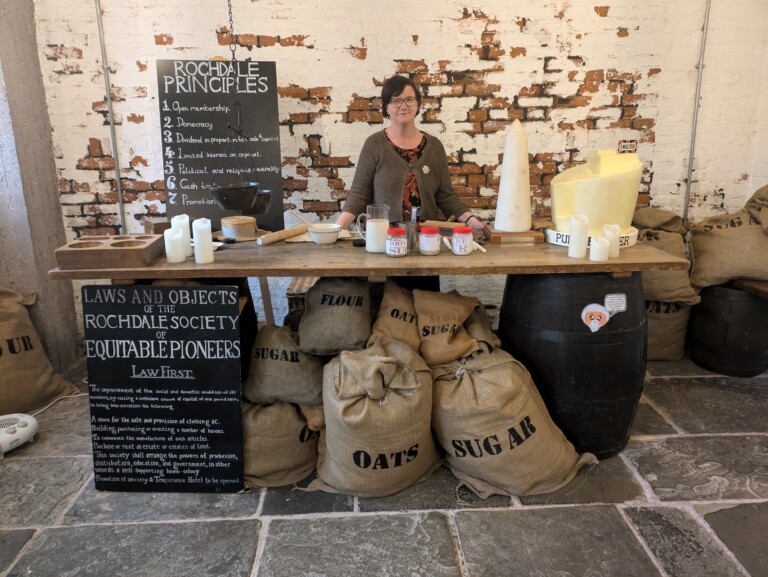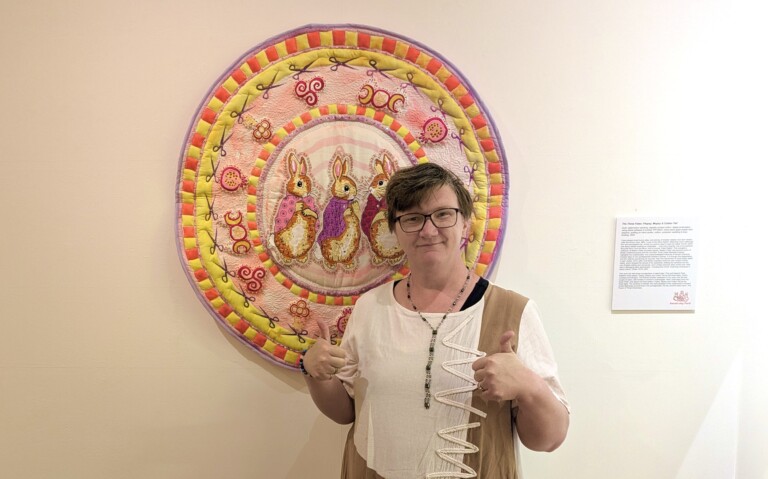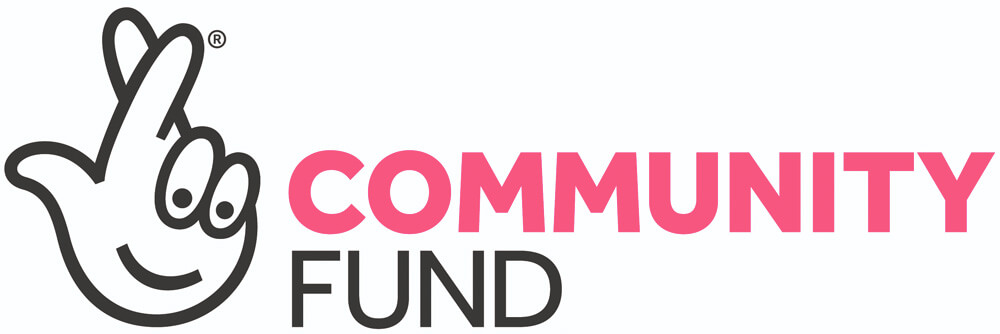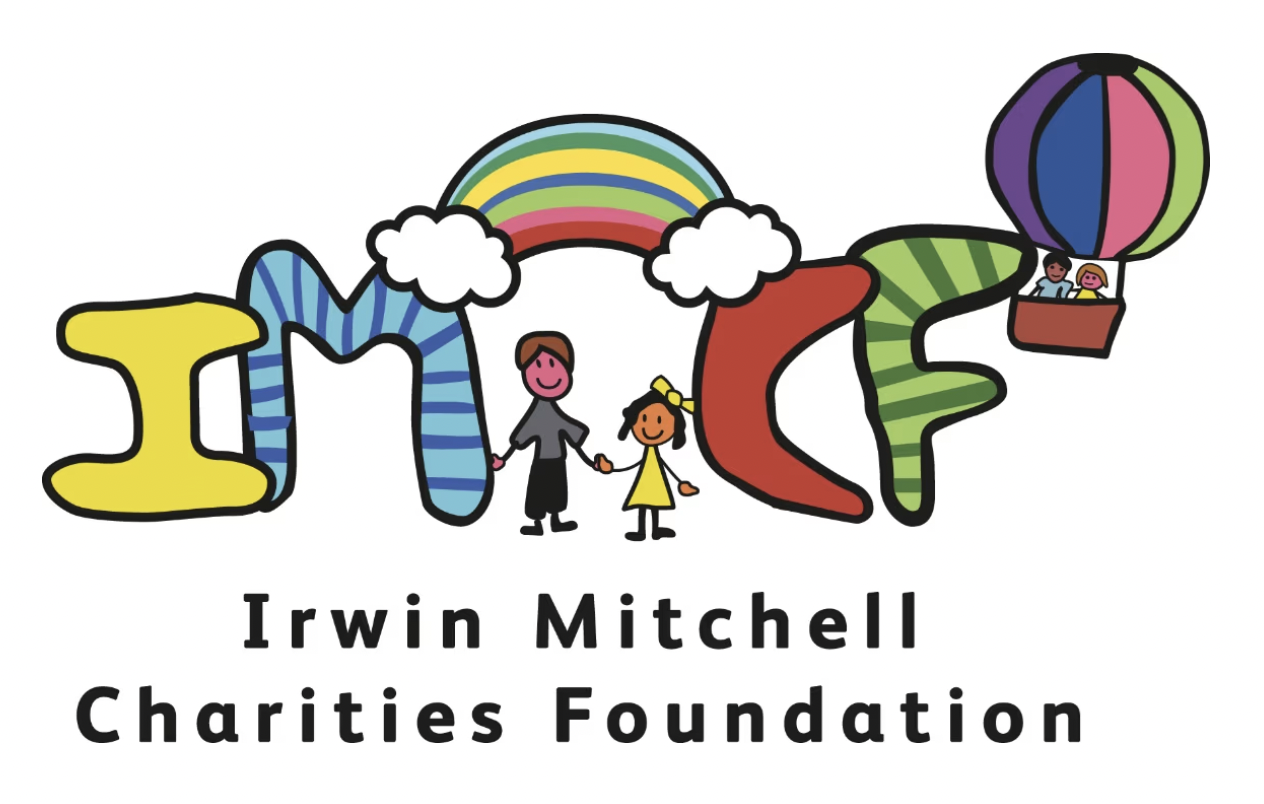24 February 2021
Back in October 2018 artist Anne-Marie Atkinson began her PhD research with us, through a partnership with Manchester Metropolitan University. For her thesis entitled, 'Challenging Outsider Art: How are learning disabled artists informing contemporary art', Anne-Marie immersed herself in the daily life of the Venture Arts studio...
Of course in early 2020 that became no longer possible. Anne-Marie and her research have had to adapt but the work has continued and Anne-Marie has been meeting online with a group of Venture Arts artists for the past year. In this, the first of two blogs from Anne-Marie, she introduces us to the ideas behind her research and how she's approached it. "My name is Anne-Marie Atkinson. I am an artist and am currently undertaking a PhD at Manchester Metropolitan University, with Venture Arts as my community partner. This blog will tell you a little bit about the journey I have been on with my research so far. The first time I worked with learning disabled people was in 2013 when I taught a photography class in a day centre. Prior to this, I’d had very little interaction with learning disabled people, and I was given no special training or in-class support. I didn’t know what to expect, but I was keen to share photography as a creative and expressive medium. To my surprise, I was captivated by the images that the learners produced, which sometimes went against the conventions of photography that I had learned in art school. I realised that I had been indoctrinated to a particular way of seeing and making art, and the people I was working with smashed that wide open. It permanently changed my perception of what art is and can be. Following this revelation, I felt increasingly uncomfortable with the idea that I was the ‘professional artist’ and they ‘hobbyists’. I committed myself to revealing and challenging the structures that create these distinctions to the exclusion of learning disabled people. This led me to beginning my PhD in 2018. Venture Arts had just become an Arts Council England National Portfolio Organisation and had recently presented Outsider Xchanges, a progressive integrated studio project, so it was an exciting time to get involved with the organisation. The questions I was keen to research included:• What barriers do learning disabled artists face in the art world, and how can these be removed? • What does the presence of learning disabled artists bring to arts and culture? • And, importantly, what do learning disabled artists themselves think about their art practice? Can the way they practice tell us something new about what it means to be an artist?Coming from a creative background, I have chosen to use methods than can be collectively termed “practice-as-research”. This means using art practice to find new things out. These methods are relatively new in academia, and they feel appropriate to me because more conventional methods – for example those that come from the social sciences like interviews and focus groups – often privilege a linguistic way of understanding the world. Much communication occurs not through spoken words, but through tone and intonation, touch, gesture and expression, and this can be especially true with learning disabled people. Using practice-as-research, it is not only the finished art works that are important, but the process of making them too, so I suggested that these other forms of communication could be better captured through being alongside one another and making art. During the first year of my PhD, I spent time as a volunteer in all of the different areas of Venture Arts, getting to know the people and processes and assisting with projects. I also worked on my literature review and methodology, and presented some early drafts at academic conferences at Manchester Met, the University of Sheffield, the University of Leeds, and at the European Outsider Arts conference. I was also lucky to meet other artists who were undertaking PhD research, and a group of us formed a collective called Proximity. Even though our projects are very different, we find huge value in meeting regularly to theorise the relationship between practice and research. We organised three residencies in 2019 - one at Venture Arts and the others at Islington Mill and Paradise Works in Salford – to spend intensive time working together, and produced a limited publication of artist multiples and a group exhibition. Back in the Venture Arts studio, I spent the end of 2019 and the start of 2020 in an experimental phase of fieldwork where I occupied the same position as the learning disabled artists. By sitting alongside them and focusing on my own art, I hoped to gain insight into what it’s like to be part of the studio without having to provide support to others, as the volunteers and artist-facilitators do. I wrote my first journal article on the experiences I had in that position. Just as I was preparing to move into the next phase of my data collection, involving collaborating with a group of learning disabled artists, the Covid-19 pandemic hit… In the next post, I will discuss the different twists and turns my research has taken since the lockdown, as well as what is coming next."
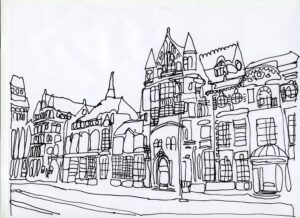 Drawing by Amy Ellison, produced during research sessions with Anne-Marie, 2020.
Read part 2 of this blog here.
Drawing by Amy Ellison, produced during research sessions with Anne-Marie, 2020.
Read part 2 of this blog here.









